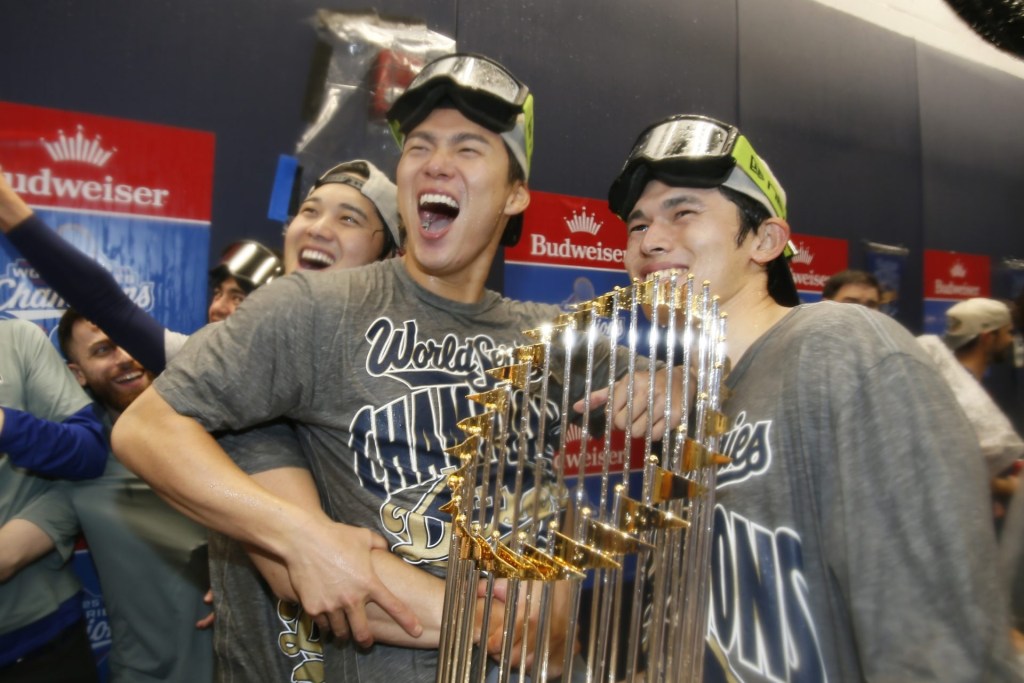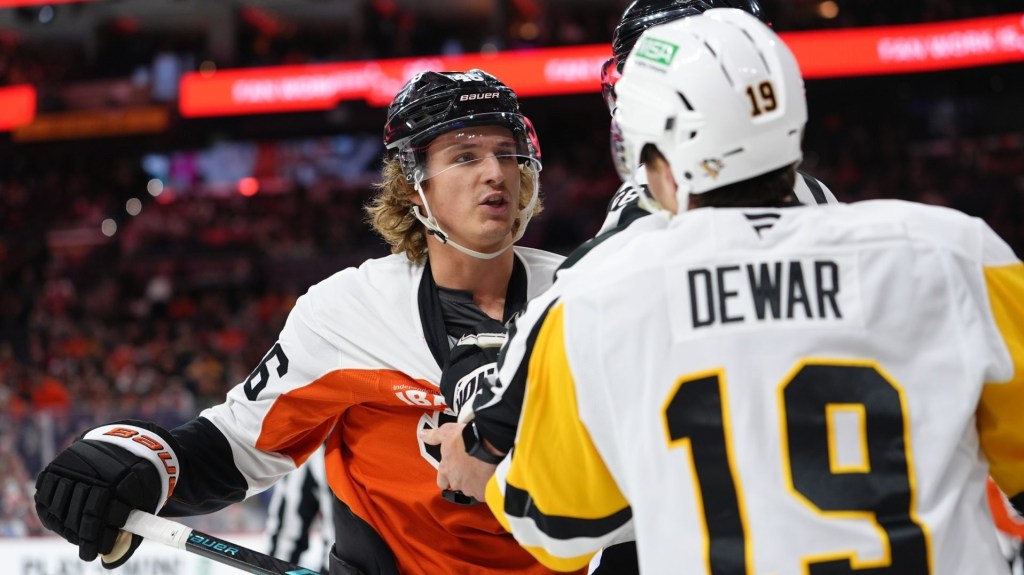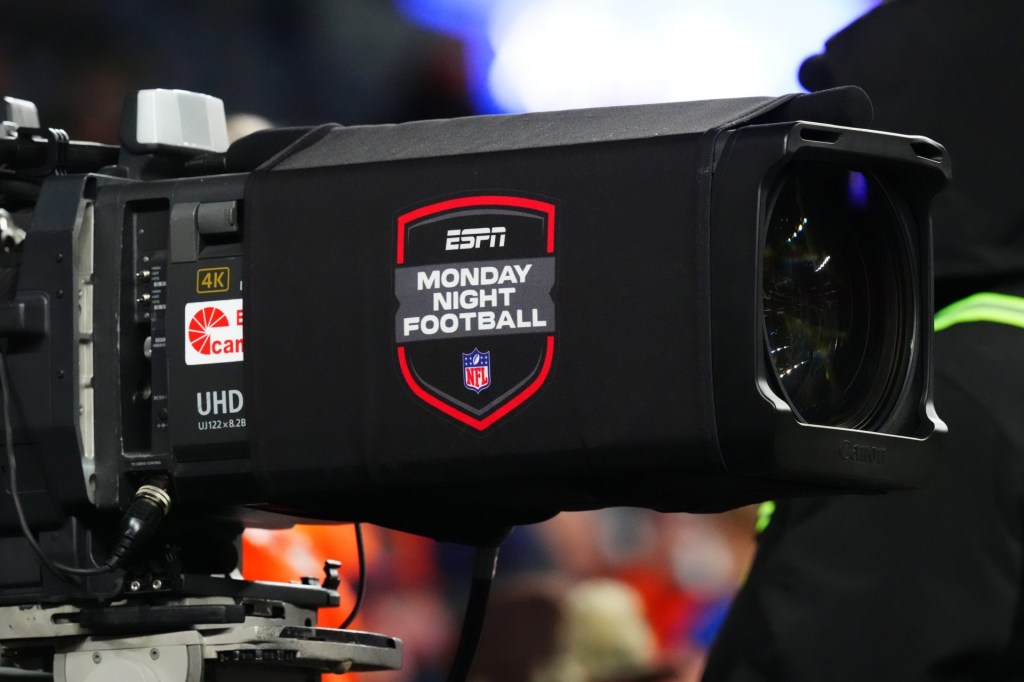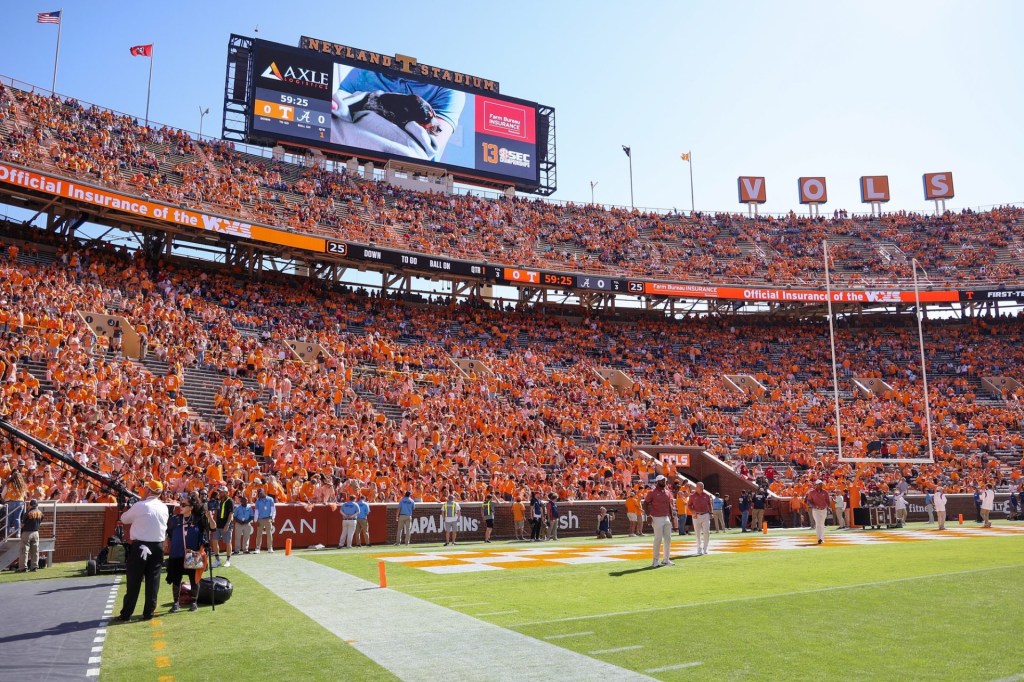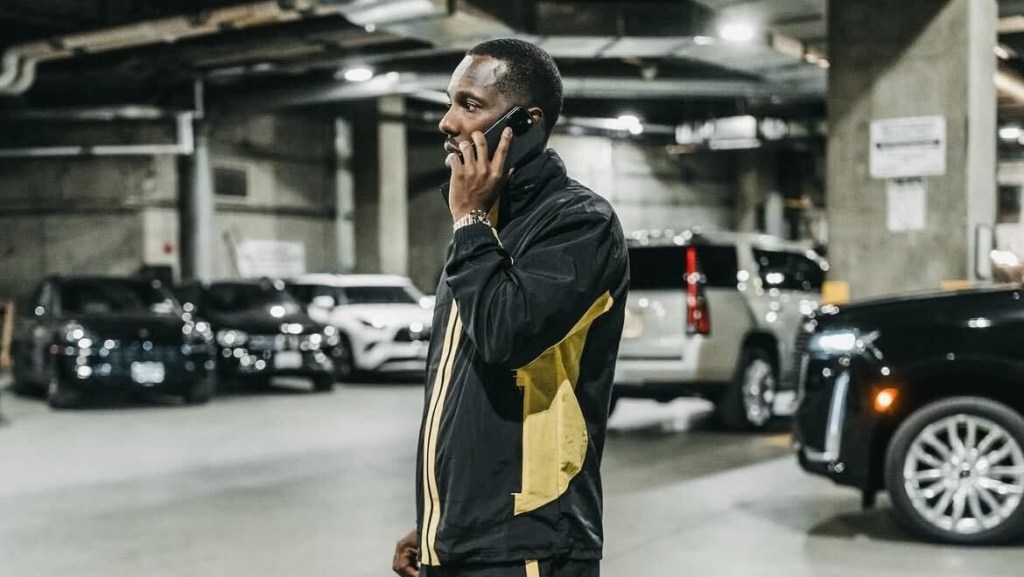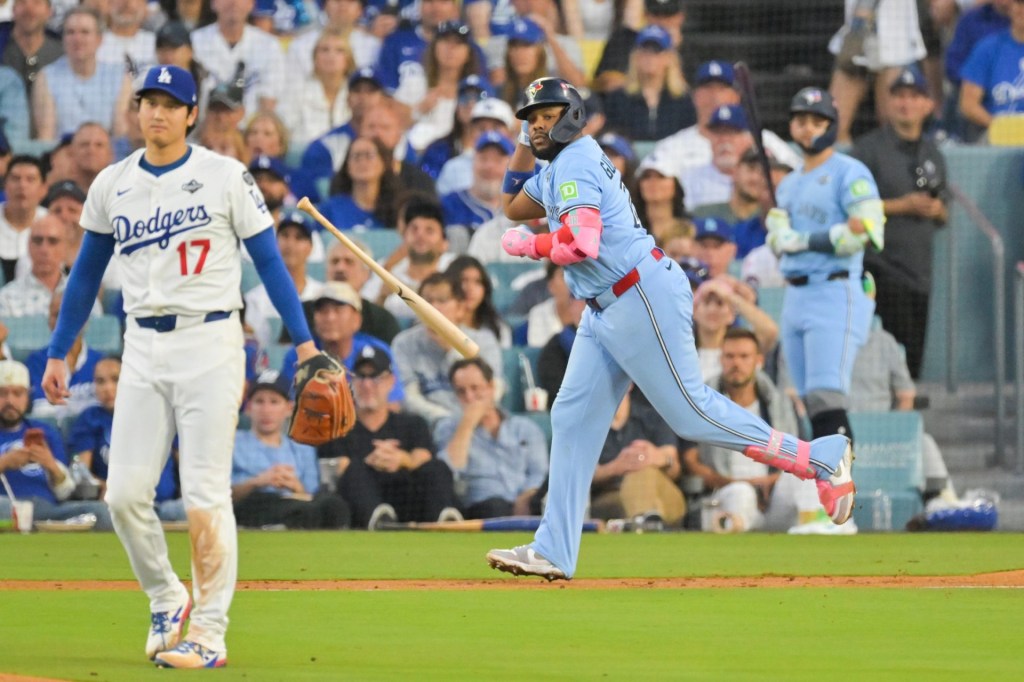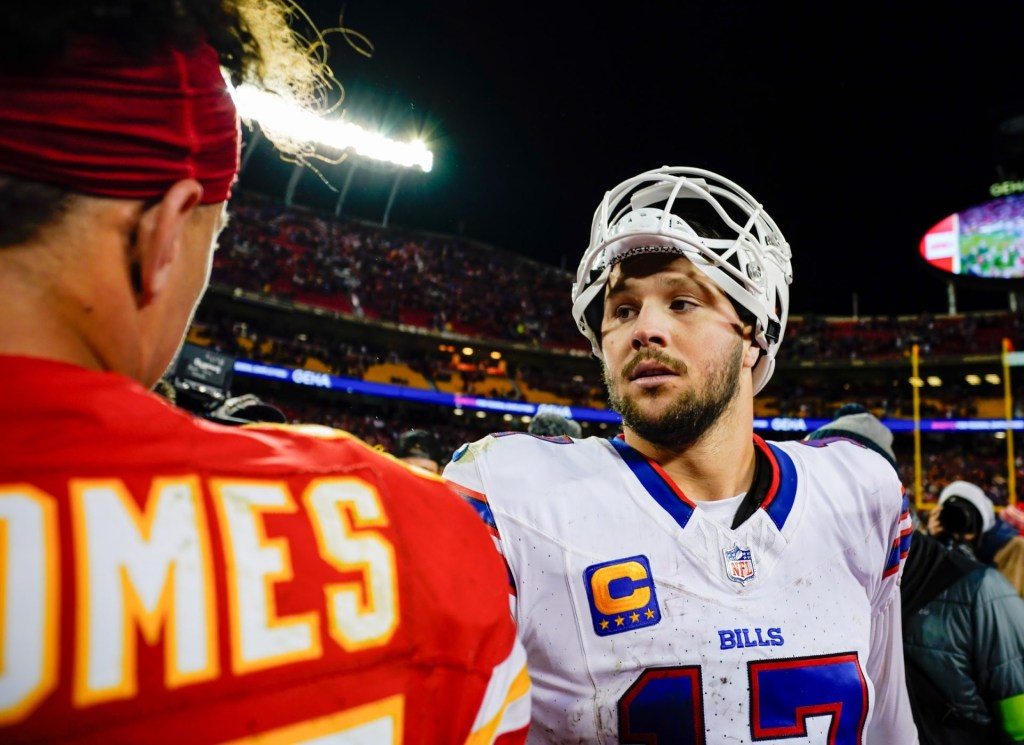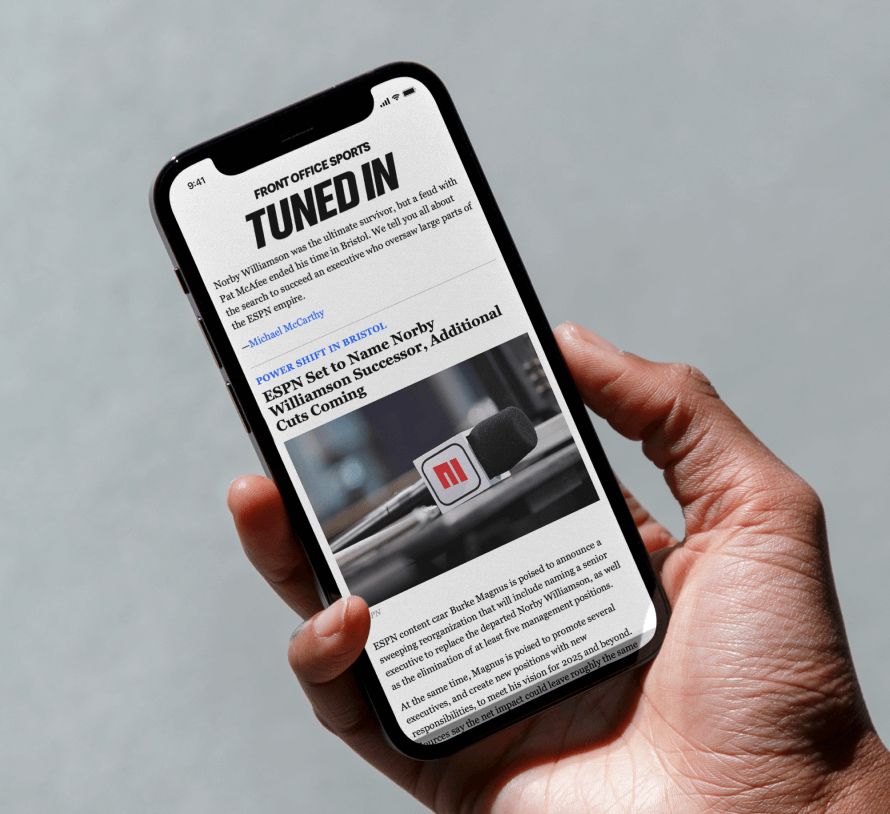With almost as much speed as MLB’s fastest pitchers, the league’s national media-rights deals for the next three years are beginning to come into sharper focus.
MLB is now closing in on a series of agreements that will redistribute rights that were forfeited by ESPN back in February. Among the developing pacts, according to multiple sources:
- A new national deal with NBC Sports that will move Sunday night coverage to that network and sister streaming property Peacock, along with postseason inventory. The Wall Street Journal reported that the pact could be worth about $600 million in total over three years, but sources cautioned that the final agreement could involve both additional rights and additional money. NBC is also in talks to scoop up rights to MLB’s wild-card playoff round, sources tell Front Office Sports.
- A dramatically reworked agreement with ESPN that keeps MLB involved with the league, extending an existing 35-year relationship, and fulfilling a key desire of ESPN chairman Jimmy Pitaro. In the new-look agreement, ESPN’s rights would be based on the licensing of MLB.TV, the league’s out-of-market package, as well as distribution of local rights for five teams currently operating in the MLB-based production model, and a new, midweek national package. The five teams involved are the Diamondbacks, Guardians, Padres, Rockies, and Twins. The Athletic previously reported ESPN could also have a package of national games, no longer on Sunday night, in the reimagined deal.
- An agreement for streaming giant Netflix to take over the rights to the Home Run Derby. The WSJ reported that the pact could be worth more than $35 million annually. The home-run-hitting contest fits squarely into Netflix’s insistence on a more event-based strategy for acquiring sports rights. The pact would also tap into deep ties that MLB and Netflix each already have with T-Mobile, the title sponsor of the Home Run Derby.
- Apple remains engaged in talks with MLB. Despite some reports that its relationship with the league could end early and NBC could take over Friday nights, it’s more likely that the flurry of rights deals will see the company standing pat with its existing Friday night rights.
MLB’s Fluid Media Game
Sources cautioned that the situation remains fluid, and more changes are possible as negotiations continue. Both the league and the involved networks, however, intend to complete the deals in the coming days. The pacts would run for the 2026–28 seasons, at which point MLB commissioner Rob Manfred intends to pursue a more nationalized media strategy.
“We’re having very detailed conversations with a number of parties, including ESPN,” Manfred said on Sunday Night Baseball. “We hope to have it resolved in the next couple of weeks. It’s a little bit like a jigsaw puzzle.”
MLB remains confident that, ultimately, the reworked contracts will combine to bring more revenue than the $550 million per year ESPN pays in the existing deal. In an ideal world, the games will also have greater reach, as ESPN’s platforms could sell more MLB.TV subscriptions and NBC would air games on its broadcast network.
For NBC, a successful deal with MLB would mark a nostalgic reunion with another powerful sports league. NBC was the first network to ever televise a baseball game in 1939. Then it served as a key media-rights partner with the Grand Old Game from 1947 to 1989, showing the popular NBC Game of the Week. It then offered more limited coverage, splitting rights with various networks.
Some of the most famous voices in sportscasting called baseball games for NBC, including Bob Costas, Tony Kubek, Joe Garagiola, and Bob Uecker. This fall, NBC will be back in the NBA business for the first time in 23 years. NBC’s coverage of The Association from 1990 to 2002 is fondly remembered by many fans. Michael Jordan’s dynastic Bulls won all six of their titles on NBC’s airwaves.
Before its next set of TV deals, MLB will have to grapple with potential labor issues, as the current collective bargaining agreement with the MLB Players Association expires after the 2026 season. Tensions are already building on that front.
Spokespeople for NBC and MLB declined to comment.

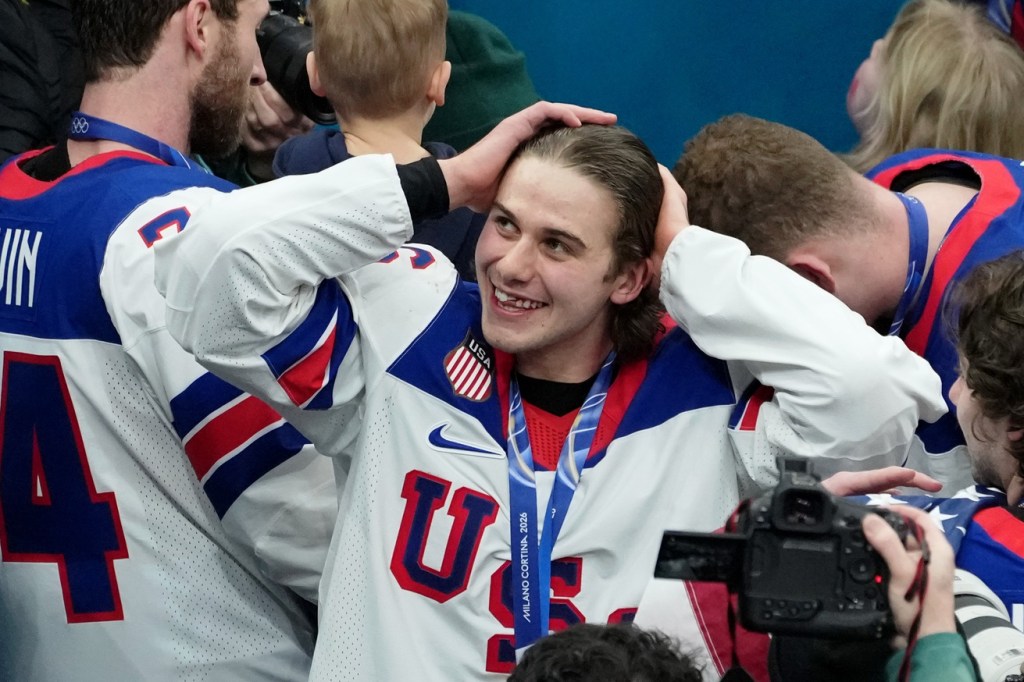
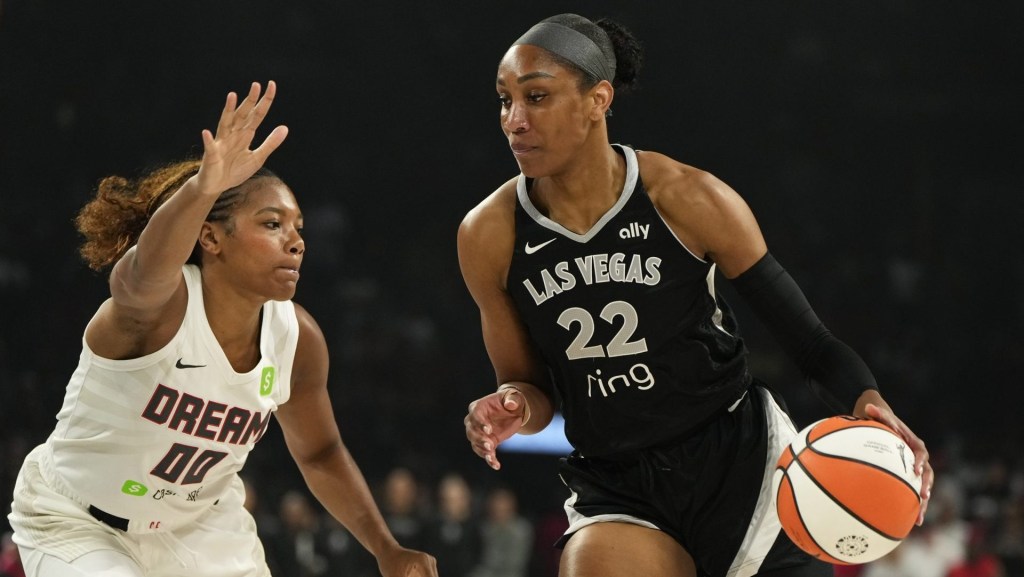
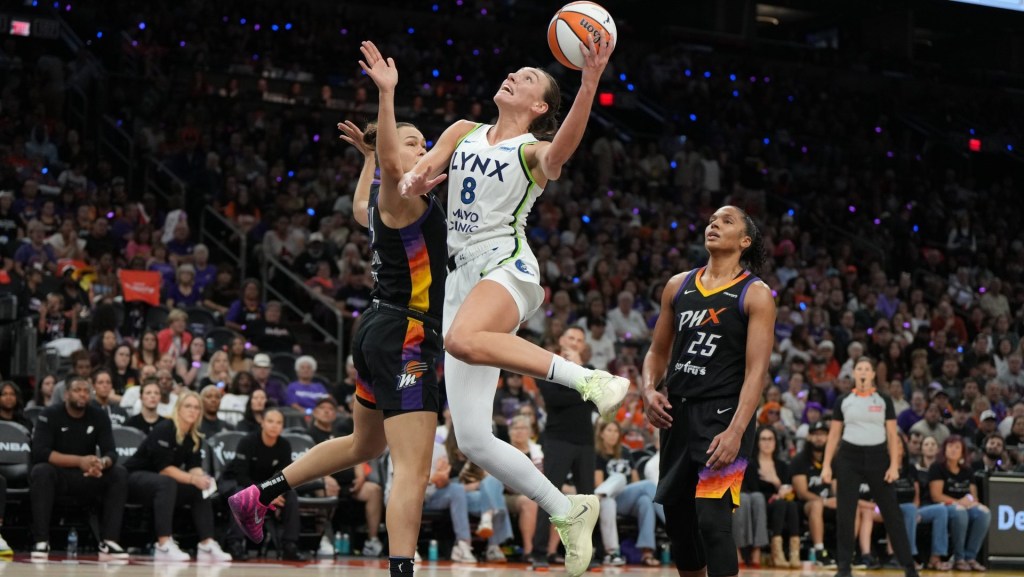
![[Subscription Customers Only] Jul 13, 2025; East Rutherford, New Jersey, USA; Chelsea FC midfielder Cole Palmer (10) celebrates winning the final of the 2025 FIFA Club World Cup at MetLife Stadium](https://frontofficesports.com/wp-content/uploads/2026/02/USATSI_26636703-scaled-e1770932227605.jpg?quality=100&w=1024)




